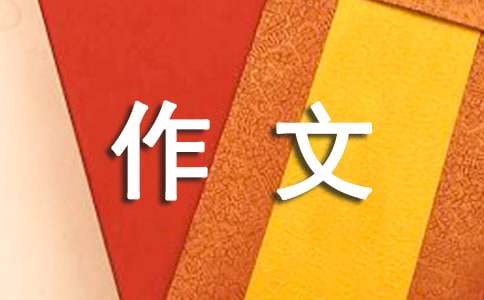GMAT作文經典范文
GMAT作文范文

The following appeared as part of an editorial in an industry newsletter. While trucking companies that deliver goods pay only a portion of highway maintenance costs and no property tax on the highways they use, railways spend billions per year maintaining and upgrading their facilities. The government should lower the railroad companies property taxes, since sending goods by rail is clearly a more appropriate mode of ground transportation than highway shipping. For one thing, trains consume only a third of the fuel a truck would use to carry the same load, making them a more cost-effective and environmentally sound mode of transport. Furthermore, since rail lines already exist, increases in rail traffic would not require building new lines at the expense of taxpaying citizens. Discuss how well reasoned... etc.
The conclusion of this editorial is that the government should lower property taxes for railroad companies. The first reason given is that railroads spend billions per year maintaining and upgrading their facilities. The second reason is that shipping goods by rail is cost-effective and environmentally sound. This argument is unconvincing for several reasons.
First of all, the argument depends upon a misleading comparison between railroad and truck company expenditures. Although trucking companies do not pay property tax on roads they use, they do pay such taxes on the yards, warehouses and maintenance facilities they own. And while trucking companies pay only a portion of road maintenance costs, this is because they are not sole users of public roads. Railroad companies shoulder the entire burden of maintenance and taxes on their own facilities and tracks; but they distribute these costs to other users through usage fees.
【GMAT作文經典范文】相關文章:
GMAT經典作文范文10-01
gmat經典作文范文精選09-18
GMAT經典作文07-28
GMAT經典信息08-10
GMAT作文范文10-08
GMAT作文經典高分句型11-15
GMAT作文經典句式20句10-08
GMAT作文考試范文08-31
精選GMAT作文范文08-09